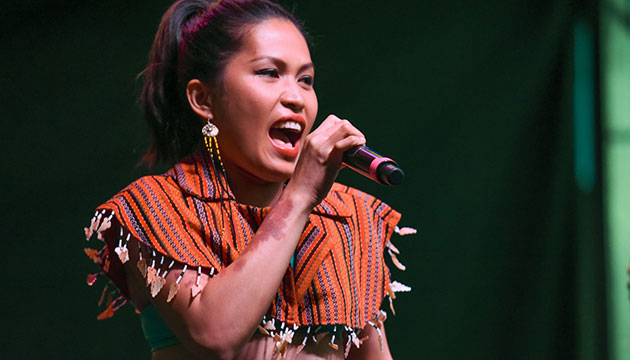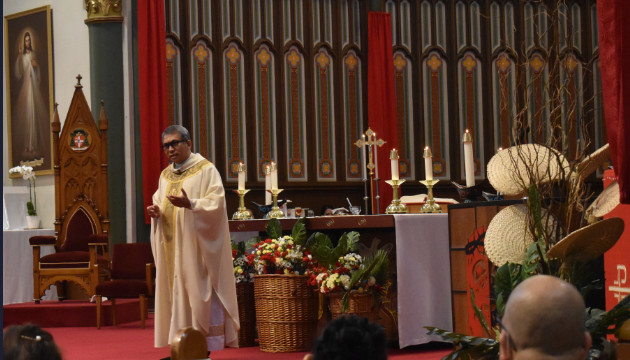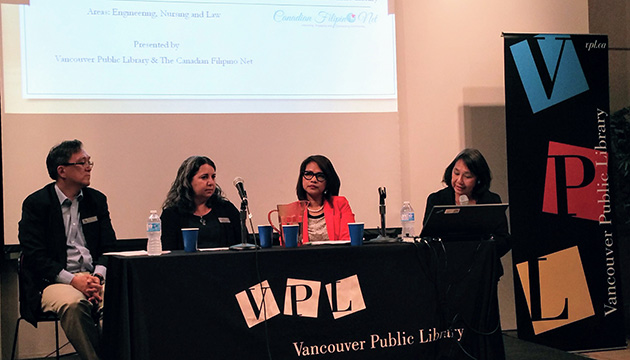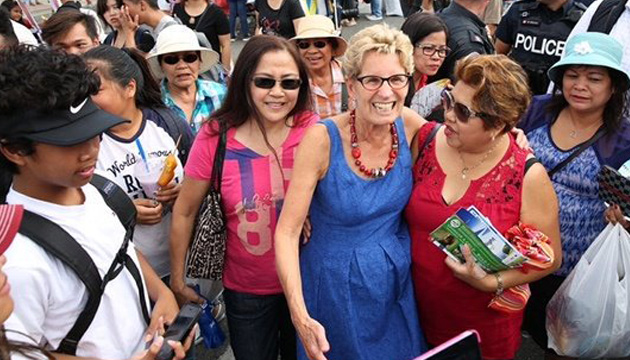Haniely Pableo has come a long way since joining a poetry workshop after arriving in Toronto in 2006.
A nurse by profession, the Canadian Filipino artist known as Han Han has carved a name for herself as a rapper in Tagalog and Cebuano, two of the major languages in the Philippines, her native country.
As far as 2020 goes, the beginning of the year has given Pableo a good, strong start.
One, Now Magazine, an alternative weekly paper in Toronto, has cited Pableo as one of the artists to watch in 2020.
Second, Pableo was scheduled to release her sophomore album titled Urduja by end of January.
“My hope is that Filipino-Canadian music and talent [become] appreciated, recognized and respected. That’s my personal goal. That’s why I’m still here,” Pableo told Now Magazine.
Pableo raps and sings about the immigrant experience in Canada, women’s issues, equality, and social justice.
She was mentioned in a September 2018 story by Canadian Filipino Net regarding Dual Citizen, a documentary series about the Filipino diaspora. See https://www.canadianfilipino.net/sections/arts/mini-documentary-series-dual-citizen-explores-nuanced-experiences-of-filipino-diaspora
“We’re missing out on a lot of talent and creativity [when] we stick to a narrow-minded view on what Canadian music is and is not. It’s not progressive or empowering to those communities who are always neglected and ignored,” Pableo told Now Magazine.
“Canada always prides itself [on] diversity and multiculturalism, so it should follow naturally that the music scene reflects those values,” she added.
Her website (www.hanhanmusic.com) recalls that Pableo released her debut and self-titled album, Han Han, in 2014, earning praise from mainstream media.
Her single World Gong Crazy was nominated for Best Song in the 2017 Berlin Music Video Awards.
Pableo’s second album was named after the legendary 14th century princess-warrior, who ruled the Kingdom of Tawalisi in what is now modern Pangasinan, a northern province in the Philippines.
“She’s the opposite of the stereotype that we have today – that Filipina women have to be submissive and happy,” Pableo told Now Magazine about Urduja.
“That’s what I want to manifest on the album, that we’re more complex. We can be angry, sad, happy, confident and all those emotions exist on an equal spectrum,” Pableo said.
Now Magazine wrote that by singing and rapping in Tagalog and Cebuano, Pableo is “challenging notions of what makes music ‘sound’ Canadian”.
As her website notes, Pableo “chooses to sing almost exclusively in Filipino languages — Tagalog and Cebuano — rather than shoehorning her ideas into translation in order to cater to English-speaking audiences”.












